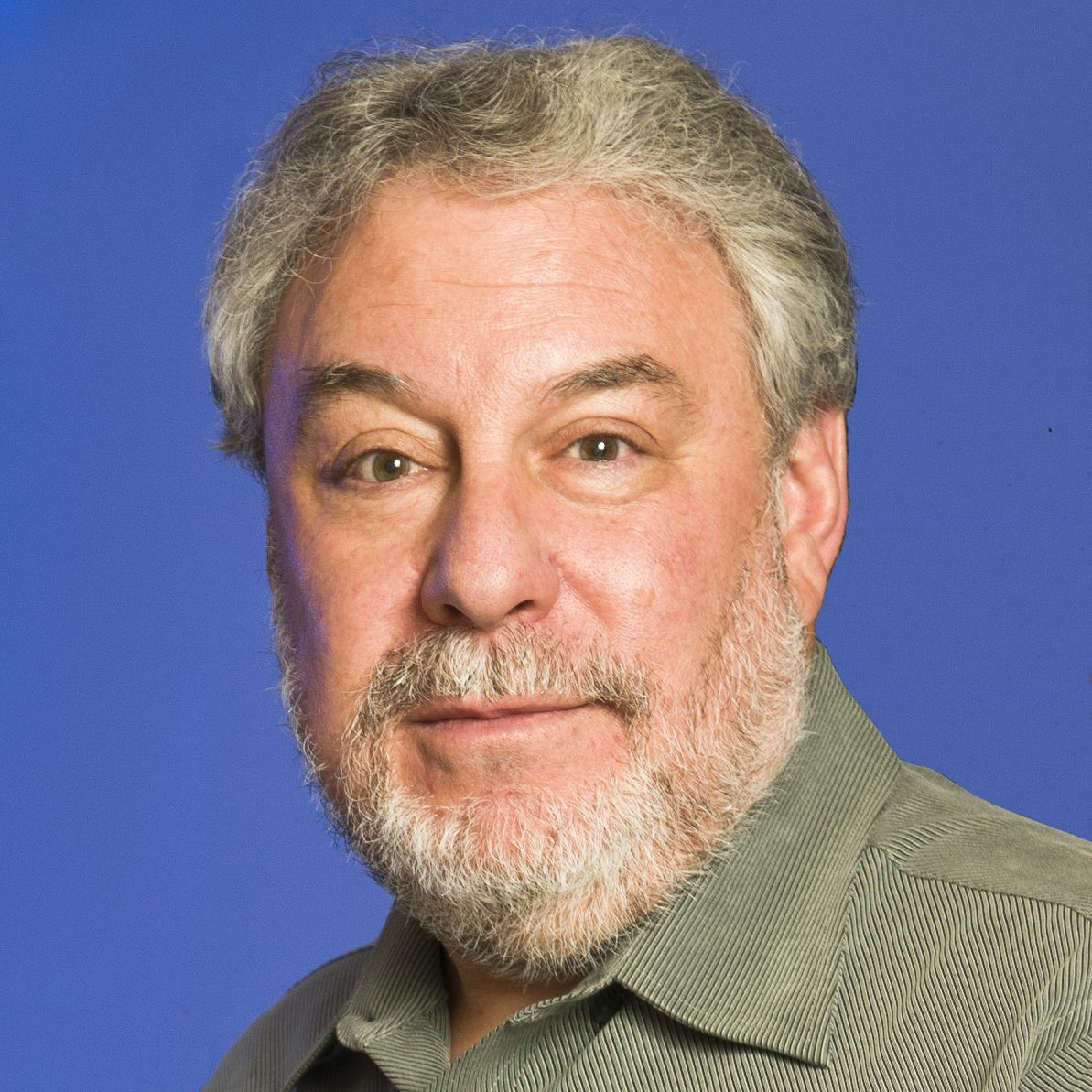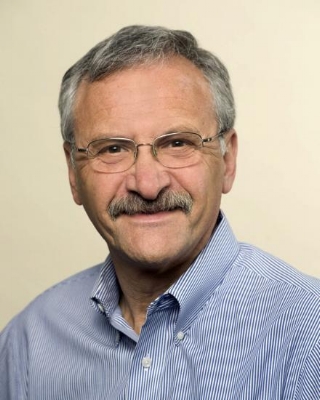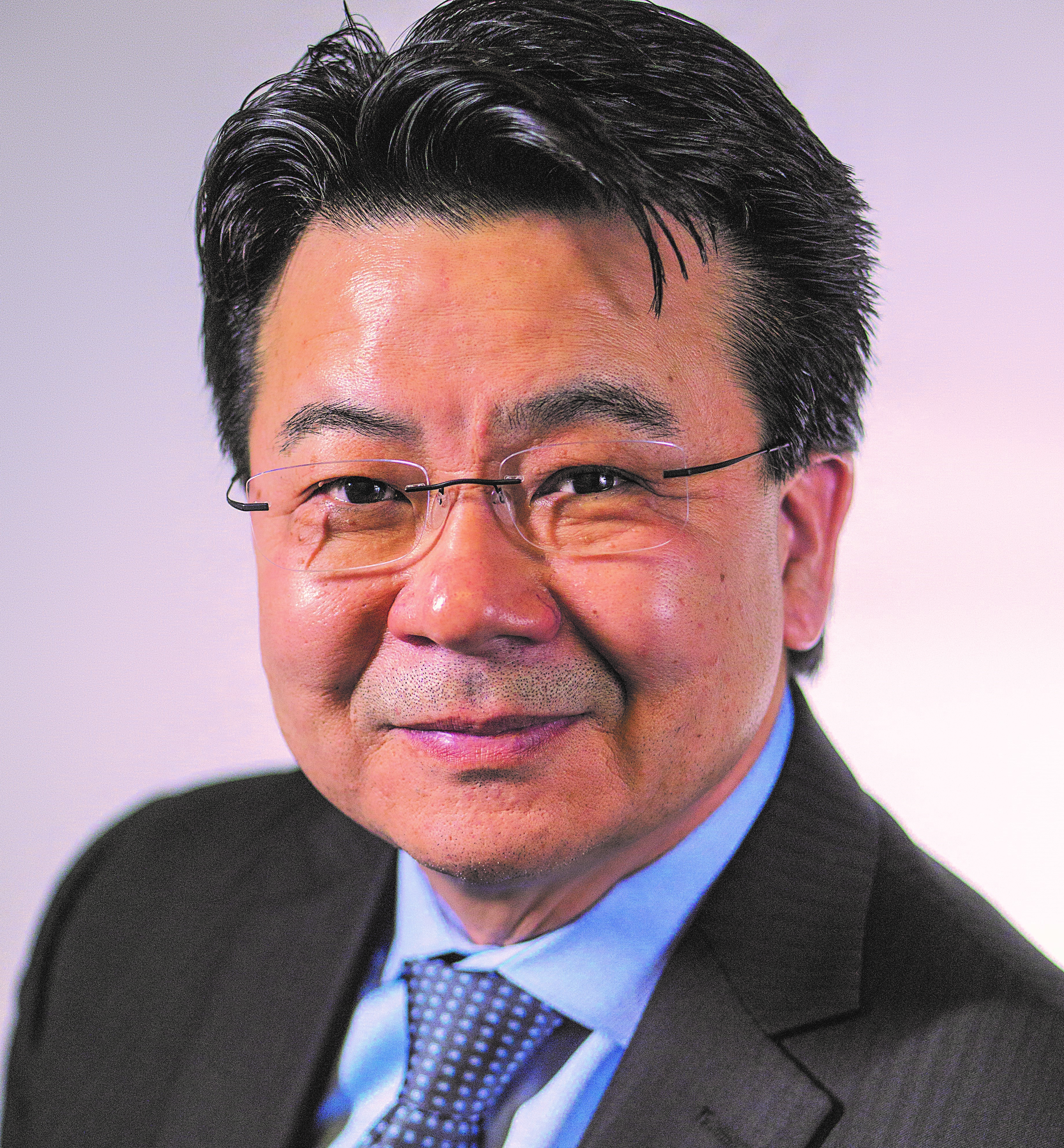Advisors

Dr. Shadi Shakeri
MD, FSBI, Advisor & Clinical Consultant
Dr. Shakeri is a fellowship-trained radiologist specializing in breast imaging, including digital mammography, tomosynthesis, breast computed tomography, ultrasound, and magnetic resonance imaging. Dr. Shakeri has been in charge of the clinical aspects of Breast CT clinical trials since 2017 at UC Davis and has been working with Dr. John M. Boone on breast CT since 2009. Her work has included clinical study design, recruiting, speaking to patients, and viewing and evaluating breast CT images, making her a unique authority on the capabilities and validity of breast CT technology.

Dr. Craig Abbey
Ph.D, Advisor
Dr. Craig Abbey investigates visual tasks performed using medical or scientific images, and how task performance may be influenced by engineering parameters such as image processing or display. This area of research involves mathematical modeling of image properties and the human visual system as well as experimental work to validate these models in psychophysical studies. Results of this work are useful for better elucidating fundamental mechanisms of perception in the presence of stochastic variability and have applications to medical image processing and analysis.
Dr. Abbey received his PhD in applied mathematics from the University of Arizona in 1998 under Prof. Harrison H. Barrett. Since that time he has been a postdoctoral fellow in Medical Physics and Imaging at the Cedars-Sinai Medical Center and the UCLA Program in Biomedical Physics, a visiting researcher at the UCSB Department of Psychological & Brain Sciences, and an assistant Professor at the UC Davis Department of Biomedical Engineering.

Dr. Martin Yaffe
Ph.D., Member of the Order of Canada, Advisor
Dr. Martin Yaffe is a medical physicist and imaging scientist at Sunnybrook Research Institute and Professor of Medical Biophysics at The University of Toronto. His research over the past 40 years has focused on the earlier detection, diagnosis and characterization of cancer. His lab pioneered the development of digital mammography and contrast-enhanced mammography, now used worldwide, and in collaboration with epidemiologist, Dr. Norman Boyd and multiple other collaborators, contributed to the understanding of breast density in its dual roles as a risk factor for breast cancer and in masking its detection in mammograms. He has a strong interest in breast cancer screening and has refined and used microsimulation models to study its optimizations, the phenomenon of overdetection and the effect of COVID disruptions on breast cancer outcomes. He is a member of the leadership team of the TMIST breast tomosynthesis trial (MAC-22/ ECOG-ACRIN 1151) and serves as its Canadian Study Chair. Over his career, he has been committed to improvement of image quality in mammography. He has chaired working groups of ICRU and IAEA, focussing on mammography quality and his group has developed custom phantoms and test procedures for that purpose, and created specialized QC programs for both the DMIST and TMIST trials. He created the Biomarker Imaging Research Laboratory (BIRL) to apply imaging science to the quantitative analysis of pathologic and radiomic cancer biomarkers to improve their value for use in prognosis and prediction. He is Co-Director of the Imaging Research Program of The Ontario Institute for Cancer Research. He was inducted as a Member of The Order of Canada in 2015 and as Fellow of The Royal Society of Canada in 2021.

Dr. Norbert Pelc
D.Sc., Development and Technology Advisor
Norbert Pelc is Professor of Radiology, Emeritus. His primary research interests are in the physics, engineering, and mathematics of diagnostic imaging and the development of applications of this imaging technology. His current work focuses on computed tomography, specifically in methods to improve the information content and image quality and to reduce the radiation dose from these examinations. He holds a doctorate and master degrees in Medical Radiological Physics from Harvard University and a BS from the University of Wisconsin in Madison. He served on the first National Advisory Council of the National Institute of Biomedical Imaging and Bioengineering of the NIH. He is a member of the National Academy of Engineering and a Fellow of the American Association of Physicists in Medicine, the International Society for Magnetic Resonance in Medicine, the American Institute of Medical and Biological Engineering, and of SPIE.

Dr. Craig Shimasaki
Ph.D., MBA, Medical Device Business Advisor
Dr. Shimasaki is a scientist, businessperson, and serial entrepreneur with a passion for translating scientific and medical discoveries into acutely needed products. He brings over 35 years of experience in the biotechnology industry, co-founding multiple companies in the medical device, precision diagnostic, and therapeutic sectors, and participating in taking several companies public. He is the CEO of BioSource Consulting Group and the co-founder and CEO of Moleculera Biosciences, a neuroimmunology precision medicine company focused on identifying the underlying roots of neurologic, psychiatric, and behavioral disorders triggered by an autoimmune response.
He started his career at Genentech and has experience across all stages of research, development, clinical trials, and regulatory approval of technology from bench to bedside. He has led multiple products through the FDA approval process, five products through the FDA 510(k) process, and is a co-inventor on multiple patents. His scientific and medical research background includes epitope mapping of HIV proteins, genetic-based predictors of breast cancer risk, influenza and RSV diagnostics and therapeutics, and the pathogenesis of infection-triggered neuropsychiatric disorders.
Dr. Shimasaki received his BS in Biochemistry from the University of California at Davis, his PhD in Molecular Biology and Biotechnology from the University of Tulsa, and his MBA from Northwestern University, Kellogg School of Business. He is an Adjunct Professor and Senior Entrepreneur-in-Residence at the University of Oklahoma and teaches entrepreneurship at the Price School of Business. Dr. Shimasaki is a mentor to first-time biotech CEOs at the Termeer Institute in Boston. Internationally, he teaches and mentors scientists, physicians, and biotech leaders on how to translate their discoveries into acutely needed medical interventions.
Dr. Shimasaki has authored and edited three books “The Business of Bioscience: What Goes Into Making a Biotechnology Product”, “Biotechnology Entrepreneurship: Starting, Managing and Leading Biotech Companies”, and a 2nd edition, “Biotechnology Entrepreneurship: Leading, Managing and Commercializing Innovative Products.”

Dr. Jeff Siewerdsen
Ph.D, Advisor
Dr. Siewerdsen is a Professor of Imaging Physics, Radiation Physics, and Neurosurgery and Co-Lead for Safety, Quality, and Access to Cancer Care at The University of Texas MD Anderson Cancer Center. His research over the last 25 years has focused on the development of new imaging technologies for diagnostic and image-guided procedures, particularly those involving cone-beam CT (CBCT), for which Dr. Siewerdsen is among the pioneers for systems in image-guided surgery and radiotherapy and has advanced several novel CBCT systems to first clinical application. Related work includes new imaging technologies, algorithms for 3D image reconstruction and registration, and the physics of 3D image quality.
His recent work includes complex healthcare process modeling, operations research, and data-intensive methods for improved safety, quality, and predictive modeling for optimizing cancer care. Dr. Siewerdsen received his PhD in Physics from University of Michigan in 1998 and subsequently worked at William Beaumont Hospital, the University of Toronto / Princess Margaret Hospital, and Johns Hopkins University, where he was John C. Malone Professor and Vice-Chair in Biomedical Engineering, with appointments in Radiology, Neurosurgery, and Computer Science. Dr. Siewerdsen is a Fellow of the National Academy of Inventors, AAPM, AIMBE, and SPIE.

Dr. Tao Wu
Ph.D., Advisor
Dr. Tao Wu is a globally recognized scientist, inventor, and entrepreneur best known for his foundational contributions to the development of digital breast tomosynthesis (DBT). He is the founder and CEO of DART Imaging, a medical imaging company based in Beijing, China, focused on improving early breast cancer detection. Dr. Wu’s work has advanced DBT from initial prototype development through clinical validation and global commercialization, establishing him as one of the modality’s key innovators.
Dr. Wu earned his BS in Physics from Beijing University and completed his PhD in Physics at Brandeis University. During his doctoral training and subsequent research fellowship at Massachusetts General Hospital (MGH) and Harvard Medical School, he co-developed the world’s first DBT prototype and its associated reconstruction algorithm, in collaboration with Dr. Daniel Kopans. His early research demonstrated the technical and clinical benefits of DBT and earned him prestigious recognition, including the American Association of Physicists in Medicine (AAPM) Young Investigator Award in 2003 and the Sylvia Sorkin Greenfield Award for best paper published in Medical Physics in 2004.
Following his academic work, Dr. Wu joined Hologic as a principal medical physicist, contributing to the development of commercial DBT and full-field digital mammography (FFDM) systems. He later managed product operations for Hologic in the Asia Pacific region, including product localization in China, obtaining CFDA approval for FFDM systems made in China. In 2011, he received the Serenity Award from Hologic for this work.
Dr. Wu founded DART Imaging in 2017, where he leads the development of advanced DBT technologies for the local market. Under his leadership, DART Imaging received the 2019 Red Dot Design Award for its DBT system, “Soleil.” Five products in DART Imaging’s portfolio have obtained approval in China and have been installed in numerous top public and private hospitals in China.
He has also served on the AAPM Mammography Subcommittee and Tomosynthesis Task Group. He also participated in setting multiple Chinese national standards, including Quality Control for Mammography and DBT, Acceptance Criteria Image Quality and System Performance of Mammography and DBT, and Technical Requirements for X-ray-based Breast Imaging.
Dr. Wu brings to Izotropic extensive technical, clinical, and regulatory experience, along with deep insights into the breast imaging market in Asia and beyond.
